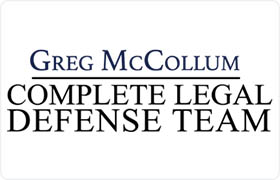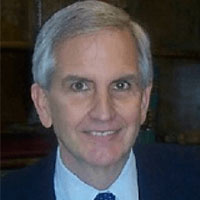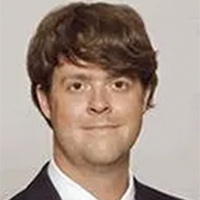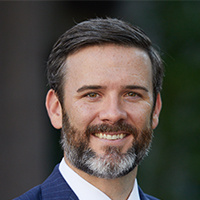Charleston County, SC RICO Act Lawyers
Sponsored Law Firm
-
 x
x

Click For More Info:
-
Greg McCollum Complete Legal Defense Team
1012 38th Avenue North Suite 202 Myrtle Beach, SC 29577» view mapCriminal Defence Law Complete Legal Defense Team
Our goal at the Complete Legal Defense Team is to examine the facts and circumstances completely and help our clients.
800-634-0690
Not enough matches for Charleston RICO Act lawyer.
Below are all Charleston Criminal lawyers.
John W. Molony
✓ VERIFIEDCall Charleston criminal lawyer John W. Molony now if you have been arrested in Charleston, Mount Pleasant, North Charleston, James Island, Folly Beac... (more)
Ashley Ameika
✓ VERIFIEDAshley Ameika, Esq. received her Bachelor's Degree from the University of Notre Dame where she was consistently on Dean's List and graduated cum laude... (more)
Nicholas J. Clekis
✓ VERIFIEDNicholas Clekis focuses his practice in the areas of Personal Injury, Workmens’ Compensation, Medical Malpractice, Litigation, Criminal Defense and ... (more)
Charlie Condon
✓ VERIFIEDCharlie Condon brings a wealth of courtroom experience, judgment, and knowledge in seeking results for his clients. Charlie is a sole practitioner, so... (more)
Joshua P. Cantwell
✓ VERIFIEDJosh Cantwell's practice involves several areas of civil litigation including handling personal injury claims, construction litigation, community asso... (more)
Roger Scott Dixon
✓ VERIFIEDRoger Dixon is the founder and managing attorney of Dixon Law Firm, LLC. His practice includes family law, criminal defense, general civil litigation,... (more)
J. Scott Bischoff
In our modern-day rush-to-judgment society, people charged with crimes are often convicted in the court of public opinion long before they ever step f... (more)
Chris Adams
Chris concentrates on criminal defense in federal and state courts. Chris concentrates on defending clients accused of white-collar crimes, street cri... (more)
FREE CONSULTATION
CONTACT Greg McCollum Myrtle Beach, SC
Greg McCollum Myrtle Beach, SC AboutGreg McCollum Complete Legal Defense Team
AboutGreg McCollum Complete Legal Defense Team Practice AreasExpertise
Practice AreasExpertise










